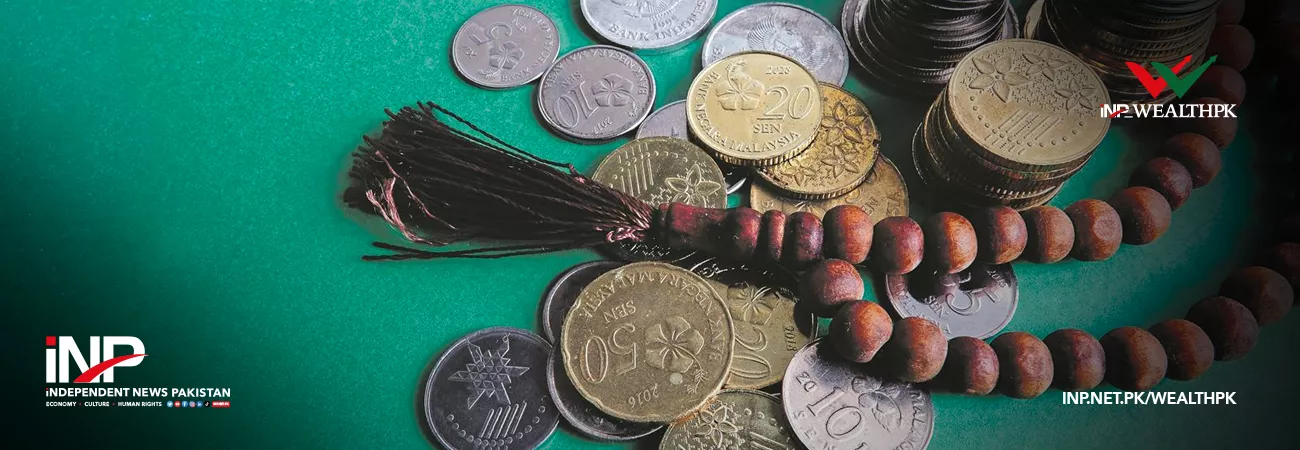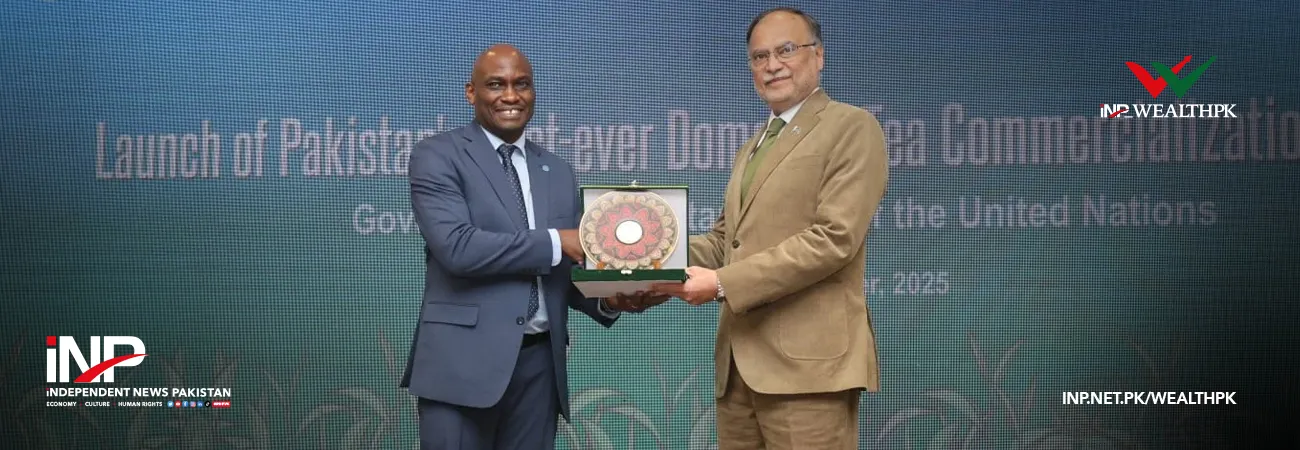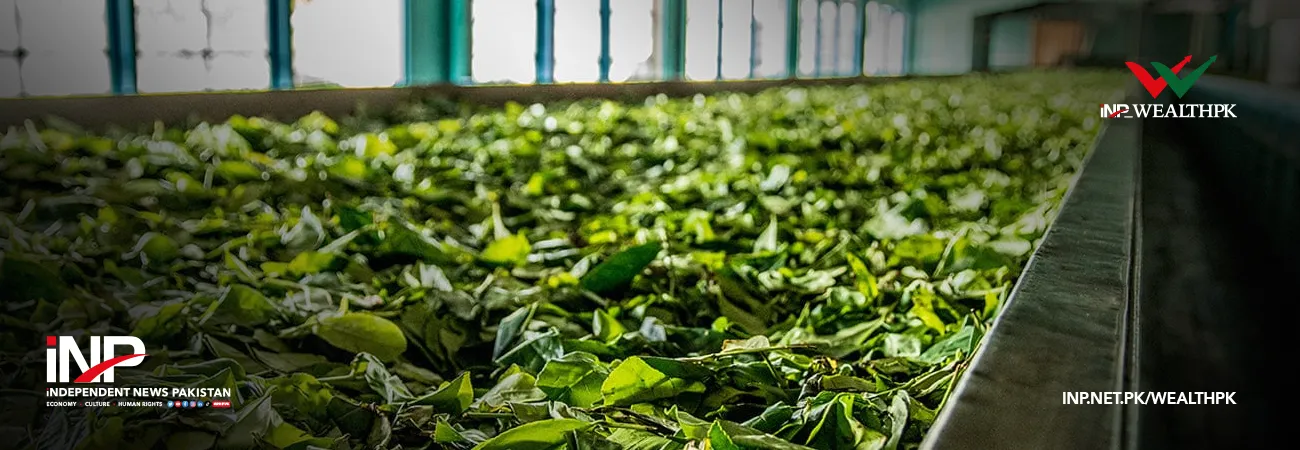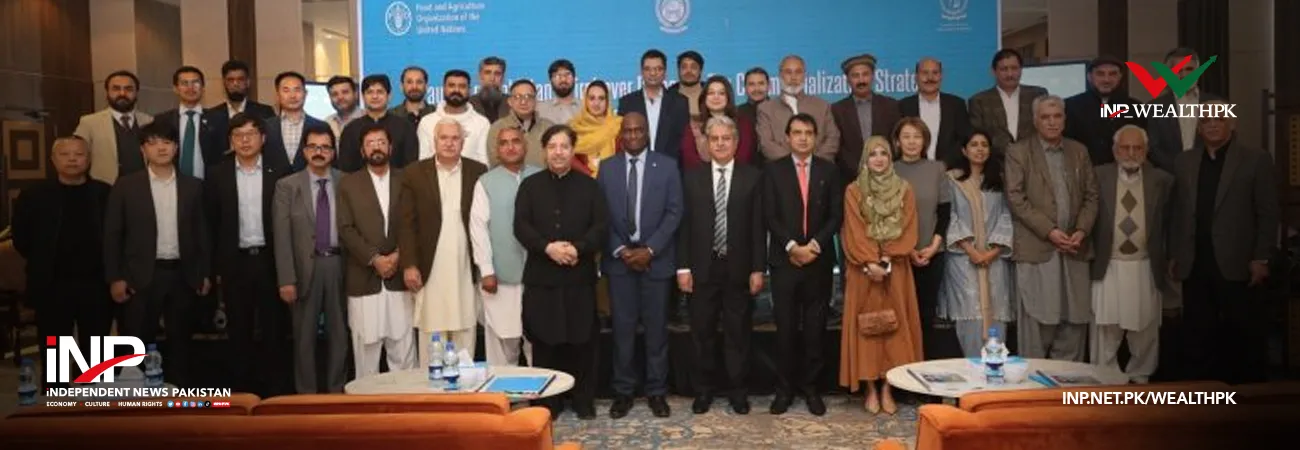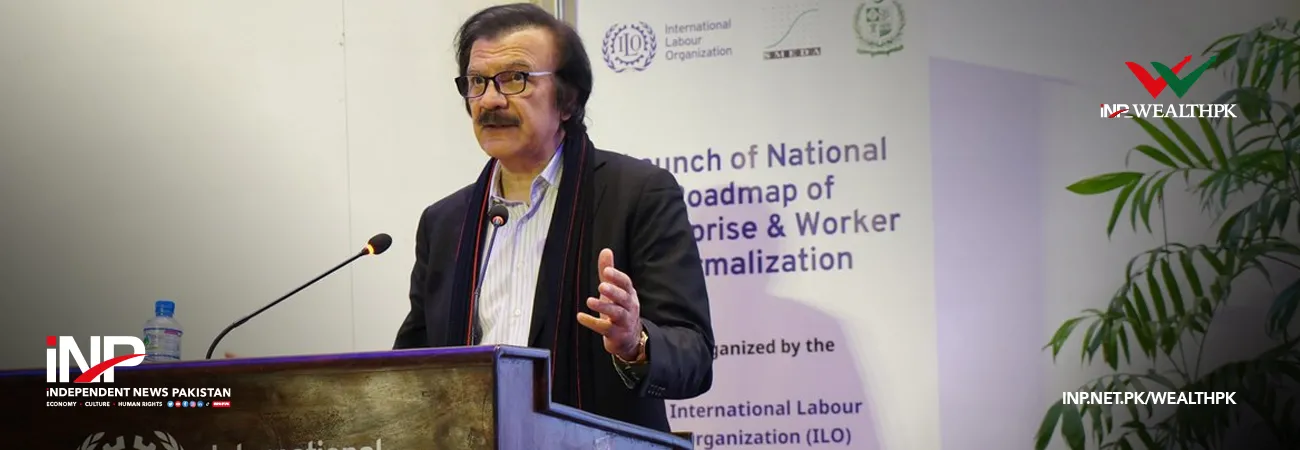INP-WealthPk
Karim Madad
The Islamic financial system has the potential to make Pakistan a prosperous country. According to financial experts and bankers, the Islamic financial system encompasses the Islamic banking system, Islamic money market, Islamic insurance or Takaful, Islamic capital market and specialised financial institutions, which provide alternative sources of financing.
The Islamic banking system is in consonance with the spirit, ethos and values of Islam. It is governed by the principles laid down by Islamic Shariah. Interest-free banking is a narrow concept, denoting banking instruments and operations, which avoid interest. Islamic banking, the more general term, is based not only on avoiding interest-based transactions prohibited in Islamic Shariah but also on avoiding unethical and un-social practices.
In a practical sense, Islamic banking transforms conventional money lending into transactions based on tangible assets and real services. The model of the Islamic banking system leads to achieving economic prosperity. Moazzam Ghurki, the President of the Pakistan-China Joint Chamber of Commerce and Industry (PCJCCI), told WealthPK that business and commercial activities should be coherent with the Shariah and Islamic financial laws. He said that the growth of Islamic banking showed a growth of more than 30% in the country during the last few years. It is above the average global growth rate of Islamic banking and finance.
“If this trend continues, one should expect that in the next three years, the assets of Islamic banking will at least double from its current size of Rs926 billion,” he said. Quoting the Global Islamic Finance Report, Moazzam Ghurki said that Pakistan was ranked ninth in the world in terms of the development of the Islamic financial services industry.
“Pakistan is the second largest Islamic market after Indonesia. Pakistan can become the most important player in Islamic banking and finance if it attains 20% of the market share,” he said. According to Hamza Khalid, the Vice President of PCJCCI, the time has come to look ahead and concentrate on developing innovative products. He also stressed the need for an active role of Shariah advisers in making Islamic banking more Shariah-compliant.
According to Moazzam Ghurki, there are more than 600 Islamic banking branches throughout Pakistan and 19 Islamic banking institutions are offering Islamic commercial banking services. “According to a report, Pakistan comes after Iran, Malaysia, Saudi Arabia, Bahrain, Kuwait, United Arab Emirates (UAE), Indonesia and Sudan,” he said. He also appreciated the new Islamic banking strategy of the State Bank of Pakistan to double the number of Islamic banking branches from 1,200 in the next four years and to increase its market share from 10% to 15%.
PCJCCI Secretary General Salahuddin Hanif said that highly competent, motivated and involved persons with the required knowledge of conventional banking and finance as well as knowledge of Islamic Shariah were needed to achieve the desired goal. Islamic banking is based on firm and sound economic principles. It has the potential to become an alternative system of banking, especially in view of the global financial crisis.
However, efforts are needed to modify the existing structure to provide better products and quality services to people within the ambit of Islamic laws. To develop an economic system truly reflective of the principles of Islam, all stakeholders should understand the limitations at this stage and work for its advancement.
Another expert said that the philosophy of Islamic banking took the lead from Islamic Shariah. According to Shariah, Islamic banking cannot deal in transactions involving interest. Islamic banks focus on generating returns through investment tools, which are Shariah-compliant as well. Islamic Shariah links the gain on capital with its performance. Operating within the ambit of Shariah, the operations of Islamic banking are based on sharing the risk, which may arise through trading and investment activities using contracts of various Islamic modes of finance.
The Commission for Transformation of Financial System, set up in the State Bank of Pakistan pursuant to the Supreme Court Judgment on Riba on December 23, 1999, approved essentials of Islamic modes of financing, including Musharaka, Mudaraba, Murabaha, Musawama, leasing, Salam and Istisna. “The State Bank of Pakistan’s Shariah Board has reviewed and approved these essentials of Islamic modes of financing and recommended that the same may be circulated to the banks conducting Islamic banking business in the country as guidelines,” the expert told WealthPK.
Credit: Independent News Pakistan-WealthPk



